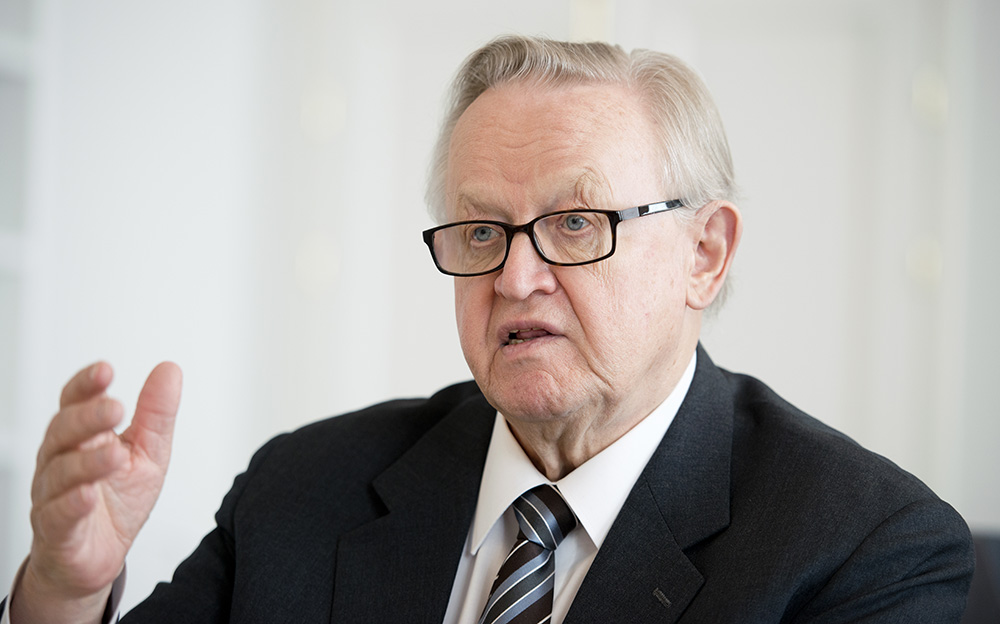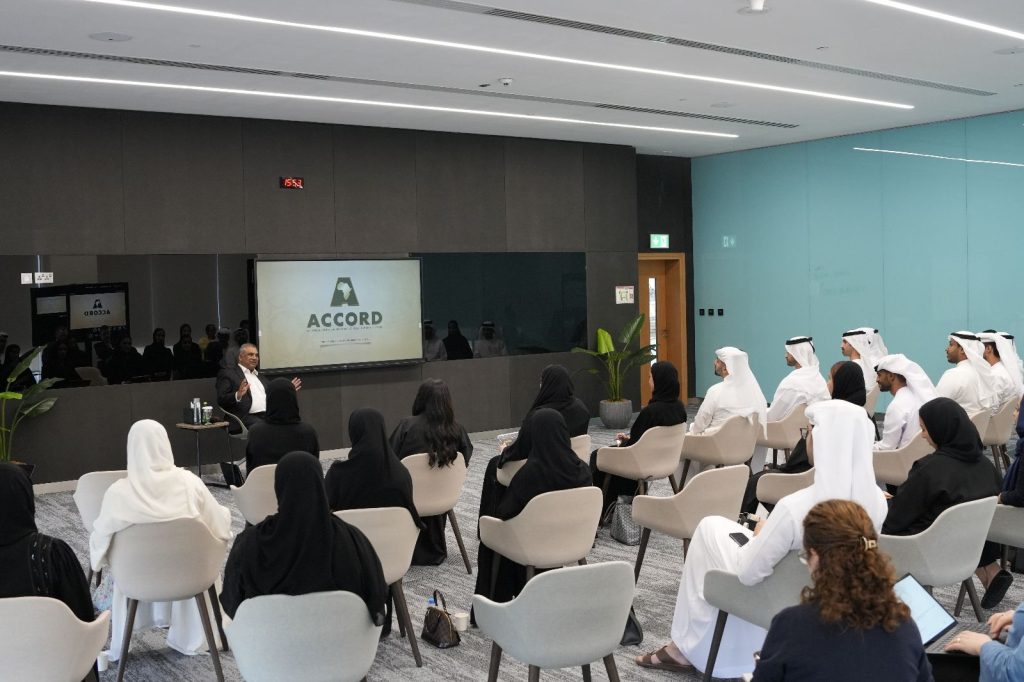Over the past three decades, national dialogues have become increasingly common worldwide as a mechanism for conflict resolution, peacebuilding and in the transformation of conflicts. These dialogues have come in all kinds of different shapes and sizes, with varying aims and intentions – to expand political participation, generate new approaches and solutions or manage change at delicate times. To strengthen future processes using lessons and best practices, there is a growing effort to capture the conceptual importance, and richness of practitioner experience surrounding national dialogues. To this end, a series of conferences have been organized by different actors.
The Ministry for Foreign Affairs of Finland in collaboration with a consortium of NGOs organized the third conference on National Dialogues in Helsinki, Finland from 5-6 April 2017. The consortium of NGOs consists of Crisis Management Initiative (CMI), Finn Church Aid (FCA), Felm and Common Space Initiative (CSI). This third conference was a continuation of conferences held in April 2014 and November 2015. It brought together experts and practitioners from different contexts in the world like Africa, Middle East and Asia who are working towards effective national dialogue processes.
The third conference focused on the wider ecosystem of national dialogues, looking at what happens around national dialogues, regionally and locally, and how these local and regional dynamics affects the processes. The conference provided a space for joint reflection and in-depth discussion between practitioners, stakeholders and experts working with dialogue processes in different contexts. The conference provided a platform for reflecting on past processes. President Martti Ahtisaari, Finland and President Hifikepunye Lucas Pohamba, Namibia shared their experiences and among them, on leadership for change, reflecting on the experiences from Namibia peace process. Other high-level panels covered the regional dynamics, political leadership and complexity in the context of national dialogues; and activating the local level potential for national processes.
The conference covered the following sessions: a) Regional dynamics of National Dialogues in the Middle East; b) Youth in national dialogue processes: resolution 2250 an entry point; c) Reconciliation and Transitional Justice; d) Local dialogue in the absence of National Dialogue in the Middle East and North Africa (MENA); e) Regional organisations’ support to national dialogue processes; f) Land Reform and Local Governance; g) Dialogue in Central African Republic (CAR): Historical pathways, local dynamics and the role of regional influence; h) Building peace architecture in the Middle East; i) Grassroots participation in the Myanmar peace process; j) Lessons in process design and potential for self-mediation (United Nations advisory and policy); k) Women shaping the agenda in National Dialogue processes; and l) History and narratives in conflict.
The conference further sought to strengthen the understanding of the participants on what makes national dialogues more effective leading to sustainable peace processes and agreements. The conference further sought to enhance sharing and learning on experiences for national dialogue stakeholders, facilitators, support actors and international experts around thematic/geographic issues. It sought to deepen common understanding of the link between regional-national, and national-local dynamics and their impact on national dialogues. The conference further sought to offer an innovative and enabling environment for normative and methodological reflections, including concrete, relevant and transferable design solutions. ACCORD continues to work with different actors in strengthening national dialogue processes and this conference was a platform to interact with dialogue processes going on in different contexts.







